Background
Over the past 30 years health care systems in many parts of the world have focused on creating evidence-based guidelines and aligned to these guidelines, measuring quality based on whether certain processes and structures of care have been followed. The end-points in clinical trials that have often been used to inform the development of these guidelines, have largely focused on biomarkers and outcomes like survival. This is part of what the Scottish Chief Medical Officer has identified as “industrialised and transactional care”.
In 2010, the work of Michael Porter, Elizabeth Teisberg and others highlighted that we might be meeting certain standards of care but this does not mean we are achieving the outcomes that matter to people sustainably.[1] This led to a focus on the concept of value – defining the ‘outcomes that matter’, often involving Patient Reported Outcomes (PROs), and relating these to the cost that it takes to achieve them, aiming for the best outcomes at the lowest cost. With this broader focus on the ‘outcomes that matter’, PROs have been increasingly used as endpoints in clinical trials.
However, measuring outcomes, including PROs, in both clinical trials and clinical practice, still does not enable us to understand what actually matters to a particular person, at a specific point in time, in relation to their life and their circumstances. This is the true measure of value.
In 2021, we launched the concept of Person-Centred Value-Based Health Care (PCVBHC), aiming to address the above challenge. PCVBHC emphasises the importance of (i) understanding the values, goals and preferences of individual people, (ii) measuring the extent to which people’s goals have been achieved and preferences respected – in both clinical trials and clinical practice – and (iii) using this data to support assessments of effectiveness and clinical quality.
[1] Porter ME. 2010. What is Value in Health Care? NEJM. 363:2477.
About the Report Launch and Learn Event
Building on the above work, we are thrilled to invite you to the launch of our second Policy Report, focused on the pivotal question: “How can we enable people accessing care and their clinicians to collaborate in a shared goal-setting and decision-making process to align care to personal values, goals and preferences?” This critical topic lies at the heart of making PCVBHC a reality.
Join us for an insightful event where we will unveil the key findings and highlights from the Report. Engage in a dynamic panel discussion featuring global experts as we delve into different perspectives around this question. Gain valuable insights from real-world examples showcasing the enablement of shared goal-setting and decision-making between people accessing care and clinicians.
Additionally, we will explore the evolving role of technology and artificial intelligence in capturing and aggregating people’s values, goals, and preferences such that the data can be used at the meso and macro levels. This is a strategic priority for Sprink and we will share our latest thinking in this area.
Register now to reserve your spot and be part of this transformative conversation.
Why is this Report significant?
As a first step in achieving PCVBHC, we need to understand how we can enable people accessing care and their clinicians to collaborate in a shared goal-setting and decision-making process to align care to people’s personal values, goals and preferences. Whether you are a patient, carer, clinician, health service leader, health service manager, researcher, policy maker, life science company leader, payer – this is relevant to you!
The initial perception of personalising care can seem overwhelming and resource-intensive. This report is strategically designed with the explicit goal of unravelling this apparent complexity and converting it into practical, actionable opportunities for implementation.
Who should attend the Report Launch and Learn Event?
Report Launch and Learn Event Format and Dates
- Tuesday, April 30th at 3:00 am EDT, 8:00 am BST, 9:00 am CEST, 5:00 pm AEST.
- Tuesday, May 7th at 7:00 am EDT, 12:00 pm BST, 1:00 pm CEST, 9:00 pm AEST.
- Wednesday, May 8th at 9:00 am EDT, 2:00 pm BST, 3:00 pm CEST, 11:00 pm AEST.
| Time (BST) | Session | Description | Speaker(s) |
|---|---|---|---|
| 8.00-8.05am. | Welcome and introduction. |
|
|
| 8.05-8.15am. | Overview of the PCVBHC Report key findings. |
|
|
| 8.15-8.45am. | Panel discussion: Facilitating collaborative care. |
|
|
| 8.45-8.55am. | Success stories. |
|
|
| 8.55-9.05am. | Capturing and aggregating people’s values and goals at scale. |
|
|
| 9.05-9.25am. | Questions and discussion between panel and the meeting participants. |
|
|
| 9.25-9.30am. | Closing remarks. |
|
|
| Time (BST) | Session | Description | Speaker(s) |
|---|---|---|---|
| 12.00-12.05pm. | Welcome and introduction. |
|
|
| 12.05-12.15pm. | Overview of the PCVBHC Report key findings. |
|
|
| 12.15-12.45pm. | Panel discussion. |
|
|
| 12.45-12.55pm. | Success stories. |
|
|
| 12.55-1.05pm. | Capturing and aggregating people’s values and goals at scale. |
|
|
| 1.05-1.25pm. | Questions and discussion between panel and the meeting participants. |
|
|
| 1.25-1.30pm. | Closing remarks. |
|
|
| Time (BST) | Session | Description | Speaker(s) |
|---|---|---|---|
| 2.00-2.05pm. | Welcome and introduction. |
|
|
| 2.05-2.15pm. | Overview of the PCVBHC Report key findings. |
|
|
| 2.15-2.45pm. | Panel discussion. |
|
|
| 2.45-2.55pm. | Success stories. |
|
|
| 2.55-3.05pm. | Capturing and aggregating people’s values and goals at scale. |
|
|
| 3.05-3.25pm. | Questions and discussion between panel and the meeting participants. |
|
|
| 3.25-3.30pm. | Closing remarks. |
|
|
Report Launch and Learn Event Guest Speakers




Throughout his career, Karl has worked in the intersection of evidence, access, and pricing of medicines. Before joining Novartis in 2018, Karl spent 14 years working for the Swedish government on pricing of medicines. In his current role as Global Director Evidence & Access Policy, he is collaborating with stakeholders along the continuum of a medicines’ life cycle to understand how evidentiary requirements impacts patients’ access to medicines.
He is a strong believer in incentives as a mechanism to enable optimal outcomes for patients while ensuring the sustainability of the health-care systems. Person-centered value-based healthcare paired with thoughtful collection and analyses of data can lead not only to better outcomes but also to more efficient resource allocation, addressing some of the major challenges healthcare systems across the world are facing.
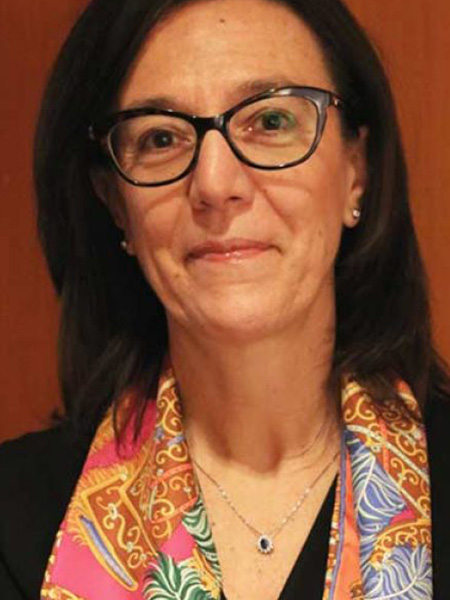

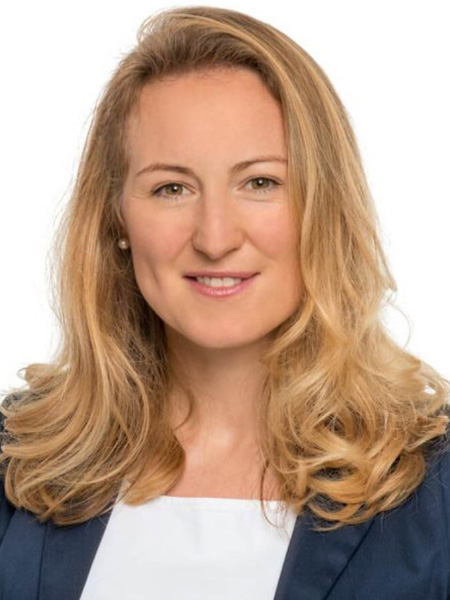

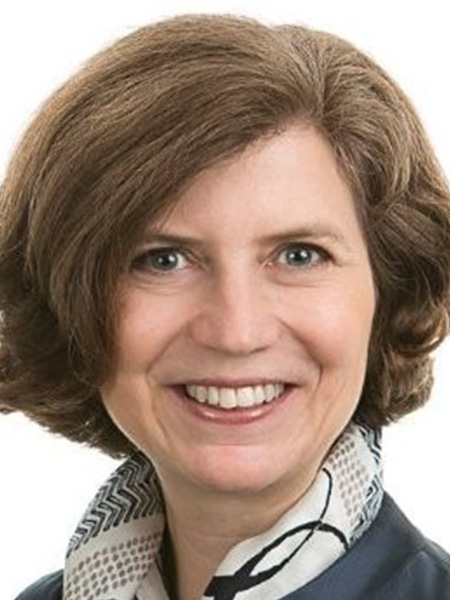

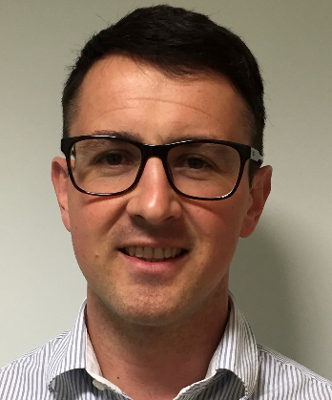

Chris Lambert earned his Sport & Exercise Science degree from Cardiff University in 2001 before pursuing further studies in Physiotherapy, graduating in 2006. Starting his career at Cardiff & Vale UHB, he specialized in Musculoskeletal (MSK) Physiotherapy by 2009. Alongside his NHS duties, Chris ventured into elite sports, serving as a Physiotherapist at the London 2012 games, with team Wales at the Glasgow 2014 Commonwealth Games, and at the First European Games in Baku 2015.
In 2014, Chris transitioned to Swansea Bay UHB, assuming the role of MSK Advanced Practice Physiotherapist. His involvement in the non-surgical management of Knee Osteoarthritis (OA) began in 2016, initiating a pilot program named the Exercise & Lifestyle Programme (ELP). Prior to its launch in April 2021, ELP evolved into a digital-based service. While continuing his work as an MSK Physiotherapist, Chris currently serves as the clinical lead of the Exercise & Lifestyle Programme. His responsibilities include clinical-based research on the impact of lifestyle interventions on patients with Knee Osteoarthritis.
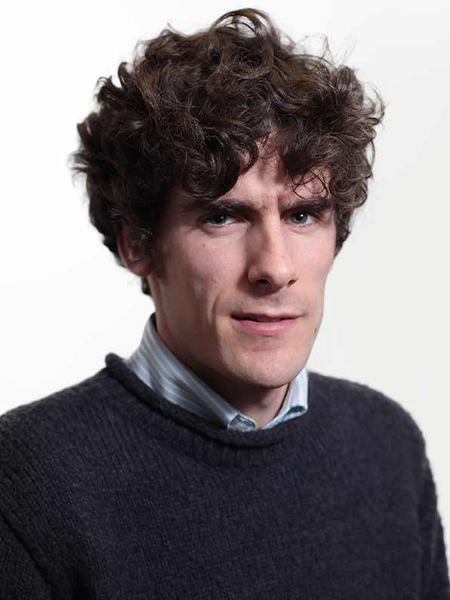



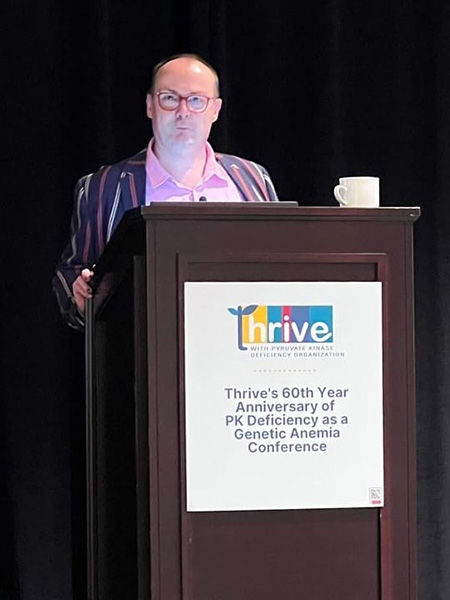

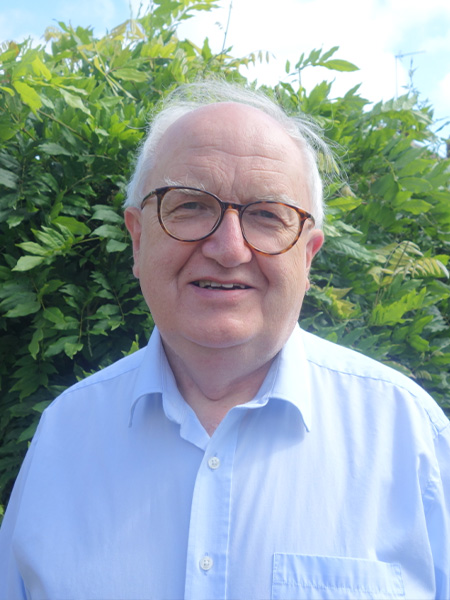

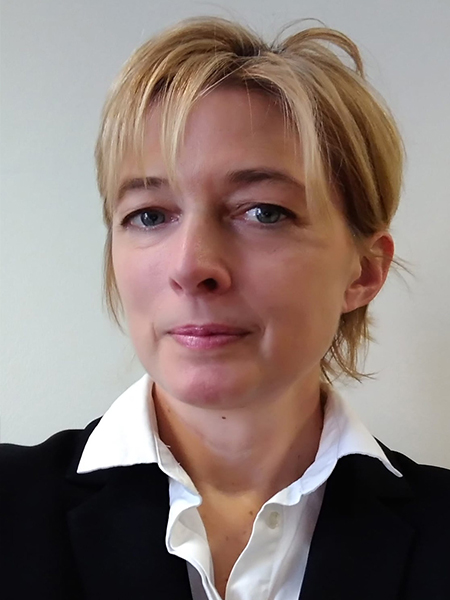

National Clinical Lead for Value-Based Prudent Health Care at NHS Wales and Honorary Professor at Swansea School of Medicine, Value for Health Program Sally has frontline experience of primary care most challenging having been a senior partner and GP trainer in a practice in valleys of Wales.
He began a career in medical management in 2011 and was appointed Assistant Medical Director for Value Based Care at Aneurin Bevan University Health Board in 2014.
Still practicing as a GP, Sally is now the National Clinical Lead for Prudent Health care Based in Wales, and an Honorary Professor at Swansea School of Medicine.
Her current interests include using Value-Based principles to allocate resources in publicly funded systems, patient outcome data and digital transformation.


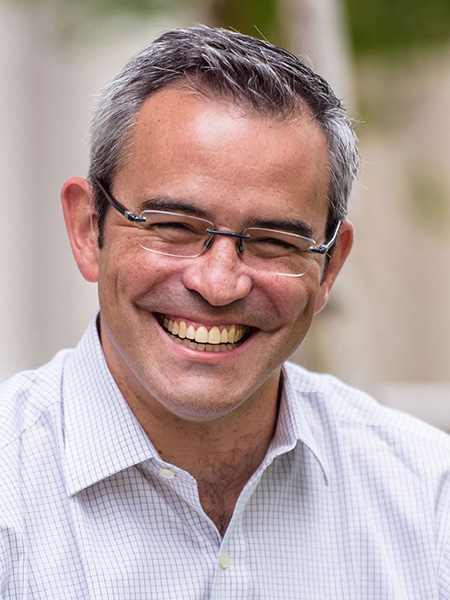







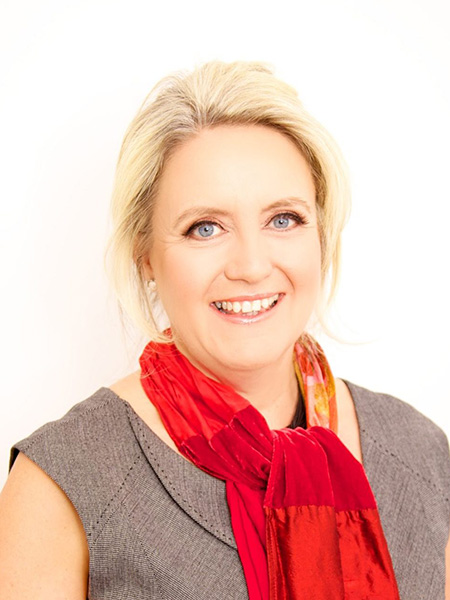

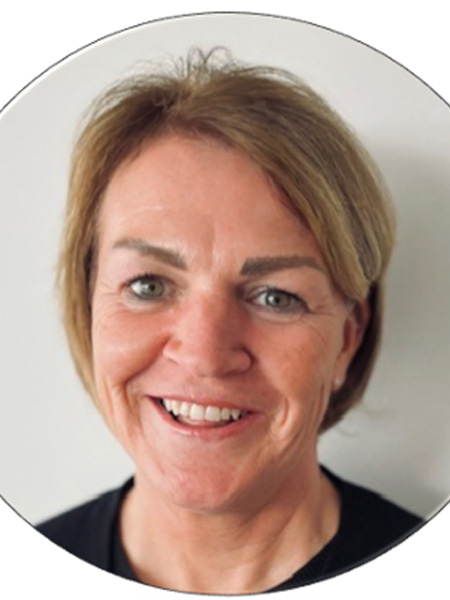



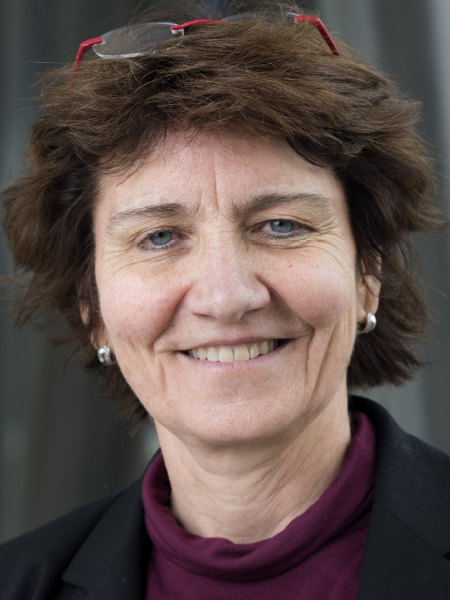

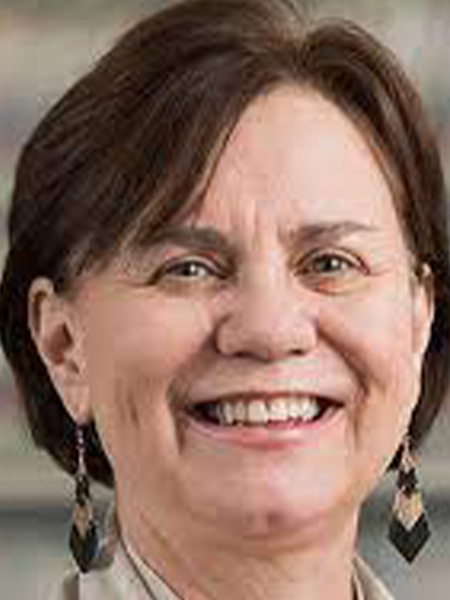





Report Launch and Learn Event Registration Fees
| Category | Definition | Fee |
|---|---|---|
| Members of the Global Centre of Excellence in PCVBHC. |
| No fee. |
| Students and patient advocacy organisations*. |
| No fee. |
| Concession. |
| £50. |
| Multiple (Concession). |
| £35. |
| Regular. |
| £150. |
| Multiple (Regular). |
| £100. |


